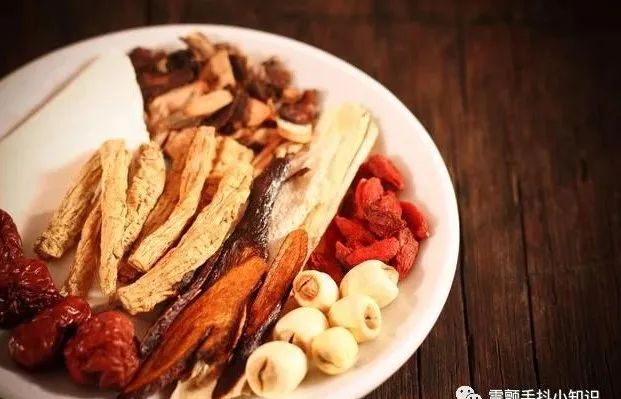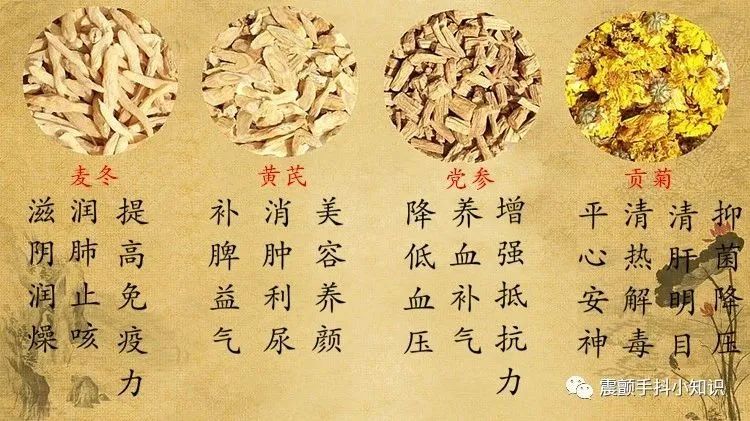
Click the blue text to follow me
In Traditional Chinese Medicine (TCM), Qi refers to the collective functions of substances such as blood, body fluids, Yang energy, and Yin essence within the human body. The quantity and quality of Qi directly determine the life activities and health status of an individual. Qi deficiency is a common physical condition in TCM, primarily manifested by symptoms such as weakness, fatigue, and shortness of breath. Therefore, TCM proposes the concept of Qi supplementation and lung nourishment. So, what does Qi supplementation and lung nourishment entail, and how can it be achieved?


(1) What is Qi Supplementation?
In TCM, Qi supplementation refers to the regulation of the functions of organs such as the spleen, lungs, and stomach to increase the internal energy of the body, thereby creating a healthy and vigorous Qi field. Common Qi-supplementing foods include Wu Wei Zi (Schisandra), Gou Qi Zi (Goji Berries), Huang Qi (Astragalus), and Ren Shen (Ginseng).


(2) What is Lung Nourishment?
According to TCM, the lungs store Qi and are responsible for the regulation and purification of air. Insufficient lung Qi can lead to symptoms such as difficulty breathing and hoarseness. Therefore, in TCM, lung nourishment refers to the regulation of Qi and blood to enhance lung function, improving the respiratory system and increasing the intensity and depth of breathing. Common lung-nourishing foods include Xue Ha (Snow Frog), Hua Jiao (Fish Maw), and Bo Cai (Spinach).
3. How to Achieve Qi Supplementation and Lung Nourishment?
1. Balanced Diet. One should consume more Qi-supplementing and lung-nourishing foods such as Wu Wei Zi, Gou Qi Zi, Huang Qi, and Ren Shen. These foods can effectively replenish Qi and blood in the body, enhancing immunity and resistance.
2. Appropriate Exercise. Moderate exercise can strengthen the body’s Qi and improve immunity and disease resistance. Common Qi Gong exercises include Tai Chi and Yi Jin Jing.
3. Proper Breathing. Breathing is a vital condition for maintaining life activities. Normal breathing promotes the intake of oxygen and the expulsion of carbon dioxide, ensuring normal metabolism. During breathing, it is important to maintain a rhythmic inhalation and exhalation, making breathing deep and slow. Regular practice of deep breathing can effectively increase lung capacity.


In summary, Qi supplementation and lung nourishment are common methods of regulation in TCM, helping individuals maintain health through self-care.
Phone: zgzy235689
Address: No. 35, Huilongguan North Road, Changping District, Beijing

Follow me
Learn more information

